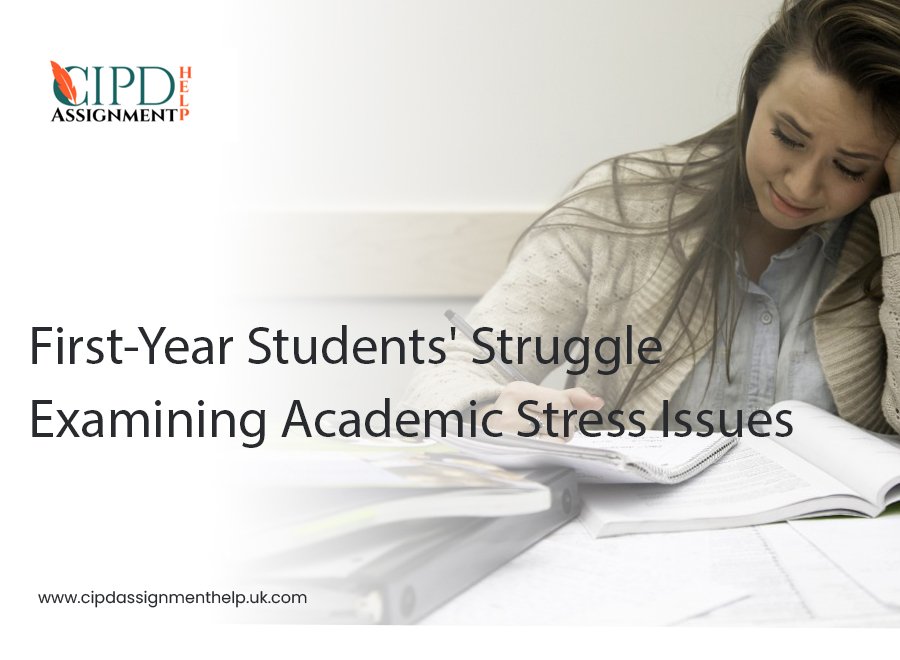Introduction
If you’re a college student, stress from school gets to you. Not all academic stress is negative. It’s beneficial and necessary at reasonable levels since it keeps you motivated and forces you to keep up with your coursework and studies in academic. It becomes more difficult to concentrate and complete tasks when stress, worry, and anxiety take over. The largest obstacles to academic success, according to national studies of college students, are emotional health issues such as the following:
- Depression
- Anxiety
- Stress
- Insufficient sleep
In college, a lot of things might lead to stress. Perhaps you have a scholarship and must continue to receive particular grades to be eligible. You may be the first member of your family to attend college, which might come with a lot of pressure. Perhaps you’re concerned about how much college will cost your family financially.
It’s simple to brush off stress since it appears normal. Because you think you should be able to manage things better, you could even become self-critical. However, studies reveal that experiencing excessive academic stress at school lowers your drive to complete assignments, harms your overall academic performance, and raises your risk of dropping out.
Health issues like anxiety, substance misuse, depression, and restless nights can also be brought on by stress.
For all of those reasons, not to mention the fact that you should have as much balance in your life as possible, it’s critical to assess whether your stress level is contributing to unnecessary hardship, negatively impacting your health, or interfering with your daily activities.
You can then discover how to lessen the negative effects of stress in your life and receive assistance.
What Signs Indicate an Unhealthy Stress Level in College?
Indications That You May Need Expert Assistance
Knowing when stress becomes too much for you to handle and starts to negatively impact your general mental health and well-being is crucial. Here are a few indicators that you might require assistance:
- A persistent inability to fall asleep
- Anxiety causes physical symptoms like weight loss, nail-biting, or hair loss
- Depression causes excessive sleeping, making excuses, or not wanting to spend time with friends
- Mood swings causing tears or outbursts of rage
Find out where and How to Get Expert Mental Health Help at your school
Obtaining enough credits to graduate from high school is a concern for some kids. As we know school is difficult for a lot of teenagers. Some people are obsessed with obtaining a 4.0 GPA and being accepted to Stanford. The pursuit of perfection, parental pressure, athletic activities, or a demanding course load can all contribute to academic stress.
In teens and young adults, nervous breakdowns, panic attacks, burnouts, and depression are becoming more common. Almost everyone faces extreme stress and strain, regardless of their objectives or circumstances. A robust network of supporters is your first line of defense. Select friends who will encourage and uplift you throughout trying times and who will also help you keep your perspective and be cheerful.
Controlling Stress
Teens frequently delay and have trouble managing their time, which puts strain on them. It takes passion and dedication to find the cure.
Set a 30-minute timer for when you watch TV, play video games, or browse the internet. You may make your everyday chores more manageable by establishing time restrictions between productive activities, like studying, and enjoyable activities, like playing video games. This will stop students from cramming to finish tasks at the last minute.
Here are Some more Sensible Strategies for Handling the Pressure of School
- Form a study group if a subject isn’t inspiring you. When you’ve finished each section, treat yourself.
- Work at a nearby café or library. If your home is too distracting.
- Plan if you know you’ll need to practice for a long time before a big game.
- You can also get some professional help from CIPD writing services to complete your CIPD assignments if you know you won’t have enough time for homework, get your teachers’ assignments early.
- Don’t evaluate yourself based on the objectives and successes of your pals. Establish your objectives and take pride in your labor.
- Make sure you continue to follow healthy eating and sleeping schedules. You should also occasionally go for a bike ride, jog, or other form of exercise. Stress can be reduced by moving.
Cheating
Some pupils only want to cheat as an easy way out. To support themselves or their families, they might work after-school jobs, which are more important to them than their academic work. For some people, performing well in athletics comes before academics.
Others could cheat to compensate for their lack of academic drive or to meet expectations set by their parents or elder siblings. When their allotted time runs out, some students might just remain up late engaging in extracurricular activities and turn to cheating.
You don’t become a better or wiser person by cheating. Recall that lying is never morally acceptable and that it frequently makes matters worse rather than better. You can excel academically without cheating if you set realistic goals, work hard in your studies, and seek outside assistance when necessary.
Final Words
It’s never easy to ask for assistance, but you’re not alone! We urge you to seek assistance as soon as possible if you or someone you know requires mental health therapy. Many mental health conditions frequently have long-term effects on a person’s life. Getting support early in life can help someone learn how to take care of themselves in a healthy way, which will enable them to lead happy and meaningful lives.



